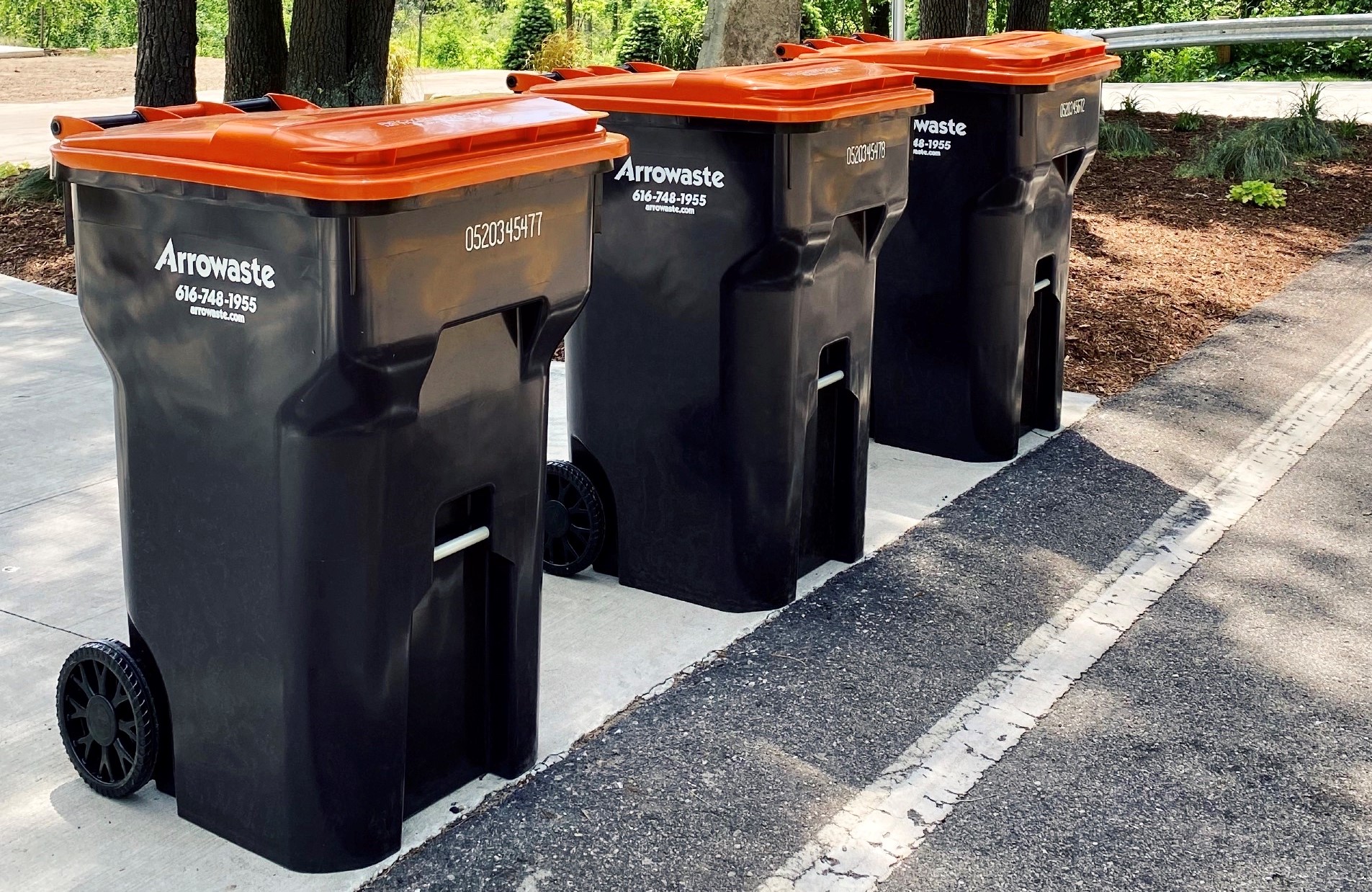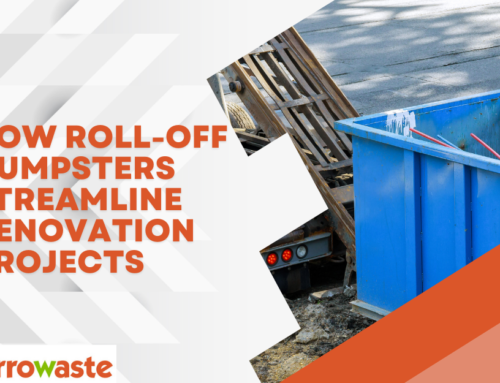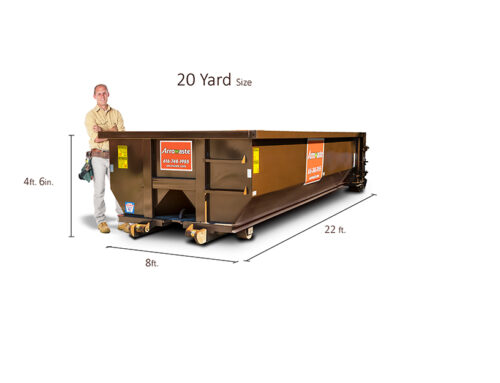Most American households utilize residential waste removal services to manage their residential garbage. This is commendable because good waste management practices enhance your home’s hygiene and keep your immediate environment clean. On the other hand, poor garbage removal is a massive menace to the environment and your overall home hygiene. If you don’t have a reliable garbage pickup plan for your residential waste, you’re risking your health and the wellbeing of your neighbors too.
Here’s why you should avoid having an overflowing garbage bin.
1. Decreases Your Overall Home Hygiene Levels
When you have an overflowing garbage bin by your curbside, you’re inviting flies, bacteria, and pests to your home. It’s not only an unappealing sight to have your household waste all over your curbside but also a health risk to you and your immediate neighbors. Garbage flies, which love to crowd and breed on piled-up garbage, can carry over a million bacteria on their bodies.
Some of these bacteria like listeria, salmonella, and E. coli can cause food poisoning when they contaminate your fresh foods, particularly juicy fruits. On top of being a health hazard, garbage flies and pests can be a major nuisance in your home. You and your family cannot enjoy your meals peacefully with the buzzing flies all over the house.
Given that your residential waste is mostly composed of food wastes and food wrappings, you’ll have to persevere disgusting odors if your waste goes uncollected even for a day. The best garbage removal companies know this, and that’s why they provide reliable garbage removal services. The efficiency and reliability of residential waste removal companies enables you to maintain a high level of hygiene in your home.
2. Uncollected Garbage is a Source of Air Pollution
Decomposing liquid and food waste produce methane. High concentrations of methane can displace oxygen in the air. As such, your body will not operate optimally when you breathe in the polluted air. You may experience memory loss, nausea, vomiting, headaches, slurred speech, and sudden mood changes. This is besides persevering the repugnant smells from the decomposing garbage. Basically, uncollected garbage will make your home uninhabitable because you’ll risk catching respiratory diseases when you breathe in large amounts of methane or carbon dioxide.
Air pollution is even worse if you choose the DIY route and burn your trash in the backyard. Burning trash injects high amounts of toxic pollutants into the air. These pollutants include carbon monoxide, nitrogen oxide, and carbon dioxide. However, when you enlist trash removal services, you’ll not suffer from air pollution because of uncollected garbage or resort to backyard burning of trash.
3. Overflowing Garbage Pollutes Surface Waters and Soil
When your trash cart is full, and some of the garbage falls off, there’s a high chance it ends up in your local water bodies if it rains. Liquid waste may also leech into the ground over time and pollute the groundwater and the soil. Residential waste items such as leftover paints, batteries, and electronic equipment are especially toxic for surface waters.
If plastic bottles end up on the lawn, they will release DEHA when they break down. DEHA is a harmful carcinogen that seeps into the soil and surrounding water bodies. This harms the life in the water and the plants and the living organisms in the soil. That’s why waste removal companies have residential recycling services that sort the recyclable items and correctly dispose of the non-recyclable items without causing soil or water pollution.
It’s estimated that about $11.5 billion is spent annually to clean up garbage. A good percentage of the money goes to managing residential waste produced daily by American households. If you are not utilizing trash removal services already, you should talk to a garbage pickup company in your city, so you can start enjoying premium residential garbage services. With a reliable garbage removal company at your service, you’ll not experience the above-discussed negative effects of having poor or no garbage services.



